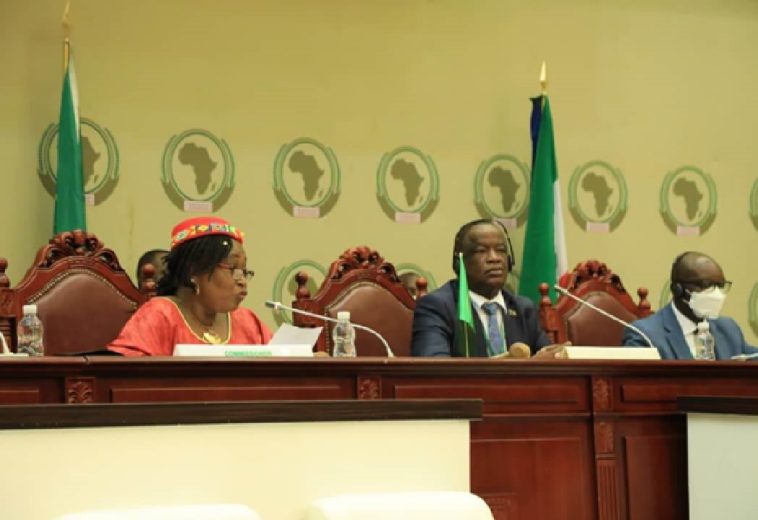Africa’s creative industries are key drivers of economic growth, with the creative economy contributing significantly to employment and GDP. From music and film to gaming and fashion, African creators are pushing boundaries, and redefining cultural narratives. According to UNESCO, the global cultural and creative industries generate over $2 trillion annually, and Africa is carving out a more substantial share of this market. The continent’s creative economy is estimated to be worth $58 billion, employing millions of young people in diverse fields.
A rapidly expanding digital infrastructure supports this growth. Over the past decade, internet penetration in Africa has surged, with 43% of the online population as of 2023, up from just 10% in 2010. Mobile phone usage, particularly smartphones, has been critical in bridging connectivity gaps, enabling creators to access new markets and audiences.
READ ALSO: The rise of African music stars and their global impact
Digital Platforms are The Game-Changer for Creatives
Digital platforms have revolutionised how African creatives operate, providing them with unprecedented opportunities to showcase their talent. For instance, music streaming platforms such as Spotify, Boomplay, and Audiomack have amplified the reach of African artists like Burna Boy, Wizkid, and Tiwa Savage, who now enjoy global acclaim.
The music industry in Africa is thriving, with digital streaming revenues forecasted to exceed $500 million by 2025, up from $100 million in 2017. Similarly, African filmmakers are making waves on platforms like Netflix, with productions such as Blood & Water and Queen Sono gaining international recognition.
The Fashion Industry: A Fusion of Tradition and Modernity
African fashion is undergoing a renaissance, blending traditional craftsmanship with modern design sensibilities. Designers like Nigeria’s Lisa Folawiyo and South Africa’s Thebe Magugu have achieved global acclaim, showcasing African aesthetics on international runways.
The fashion industry is not just about style; it is a significant economic contributor. According to the African Development Bank (AfDB), Africa’s textile and apparel market is valued at $31 billion and is projected to double by 2025. Digital platforms have also enabled African fashion brands to reach global audiences, leveraging e-commerce and social media to drive sales and build brand visibility.
Gaming: Africa’s Next Big Digital Frontier
Gaming is emerging as a new growth sector in Africa’s digital economy. With a youthful population—60% of Africans are under the age of 25—video gaming is poised for exponential growth. The African video game market, valued at $590 million in 2022, is expected to surpass $1 billion by 2025.
Local developers are creating culturally resonant games that appeal to African and global audiences alike. Titles such as Aurion: Legacy of the Kori-Odan from Cameroon showcase African mythology, while South Africa’s gaming industry is exploring opportunities in virtual reality and esports.
Challenges Facing African Creatives
While the potential is immense, African creatives face significant challenges. Limited access to funding, inadequate infrastructure, and piracy hinder growth. The need for more reliable internet in rural areas remains a bottleneck for many aspiring creators.
Nonetheless, initiatives such as the African Export-Import Bank’s $500 million Creative Industry Support Fund are addressing these challenges by providing financing to creatives and SMEs. Additionally, governments across Africa are increasingly recognising the creative economy as a strategic sector, introducing policies and investments to spur its growth.
The Future for African Creatives
African creatives are not just participants in the digital economy—they are redefining it. Through innovation, resilience, and a commitment to preserving and promoting cultural heritage, they are positioning Africa as a global creative powerhouse.
For Africa to fully unlock its creative potential, sustained investment in digital infrastructure, education, and intellectual property rights is essential. With the right support, African creatives will continue to break barriers, redefine global perceptions, and drive economic transformation.




